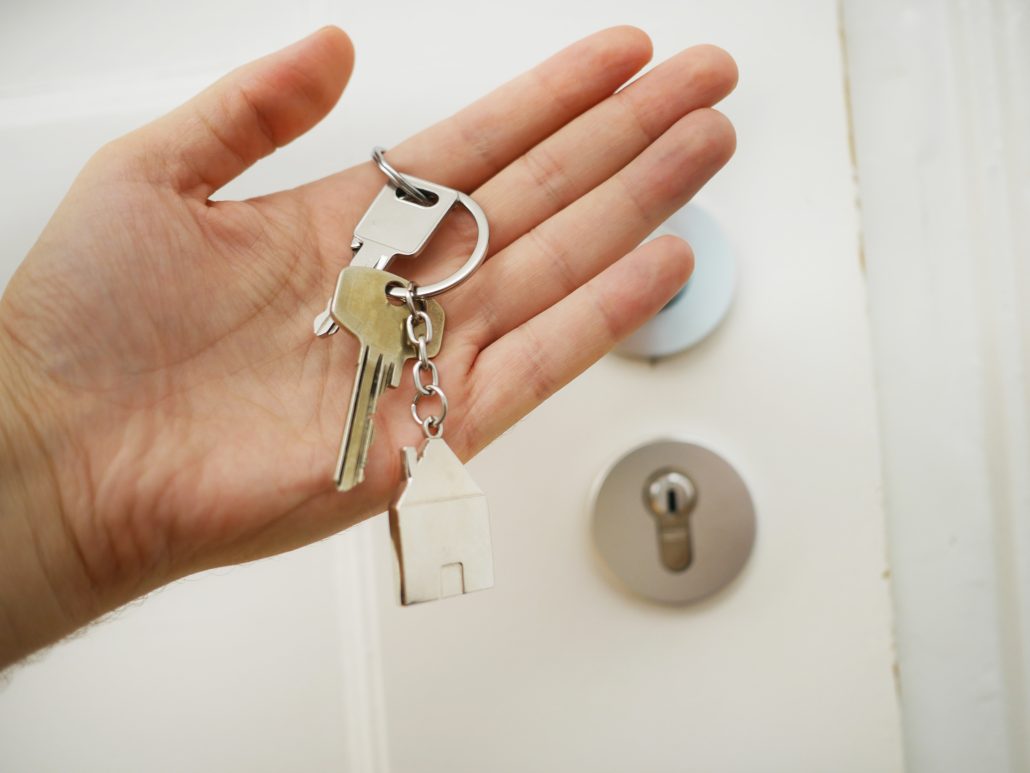Advertisement
OPINIONS
Everything you need to know about property inheritance in Singapore
It breaks down property ownership types – Joint Tenancy, Tenancy-in-Common, and Sole Ownership
Redbrick Mortgage Advisory
Edited 17 Aug 2023
Maestro at Redbrick Mortgage Advisory

Think you are going to receive an inherited property, only to be advised later that you cannot be the legal heir? Don’t worry, by the end of this article, you will know what you need about property inheritance in Singapore.
When an individual passes away, the inheritance of his properties will depend on the type of ownership the deceased had of his properties. Also, whether a will was made.
In Singapore, there are 3 types of property ownership, namely Joint Tenancy, Tenancy in Common and Sole Ownership.
1. Joint Tenancy
If the property is held under a joint tenancy, the joint tenants are said to hold a concurrent and equal interest in the whole property. Because the ownership of the property is equitable, the Right of Survivorship arises in the Joint Tenancy contract. When one of the owner dies, his share of the property will be equally distributed to the remaining owner(s) automatically. Even if the deceased has a will, the Right of Survivorship will supersede the will.
Although the transfer of ownership is automatic, the remaining owner(s) will need to lodge a Notice of Death with Singapore Land Authority (SLA). You can read more about it here.
2. Tenancy-in-Common
If a property is held under Tenancy-in-Common, each of the co-owner is said to own separate and distinct share of the property. When one owner dies, his share does not automatically go to the remaining owner(s). Rather, it will be distributed according to:
- The person’s will if there is a will. The executors (persons nominated to distribute the Deceased’s estate) named in the will will have to apply for a Grant of Probate before the property can be distributed to the beneficiaries.
- The Intestate Succession Act if there is no will. The Administrator (persons appointed by the court to manage the Deceased’s estate) will have to apply for Letters of Administration before the property can be distributed.
The Intestate Succession Act is as follows:

If the deceased is a Muslim or a Permanent Resident in Singapore, then his share of the property will be distributed according to the Muslim Inheritance law (Syariah Law Faraid).
3. Sole Ownership
If a property is solely owned by an individual, upon his death, his property will be normally distributed according to:
- The person’s will if there is a will
- The Intestate Succession Act if there is no will
- The Muslim inheritance law if the deceased was Muslim or a permanent resident in Singapore.
As we can see, the will is an extremely crucial document that will determine the inheritance.
In order for the will to stand in court uncontested, the will has to be made by an individual who is at least 21 years old. The will has to be signed in the presence of at least 2 witnesses and the 2 main witnesses cannot be beneficiaries of the will, or spouses of the beneficiaries.
What are some other factors that can affect inheritance?
There are times when you are legally allowed to receive the inherited property but do not have the right to keep it.
If your inherited property is a HDB flat, you will not be allowed to keep the inheritance if:
- You have an existing HDB ownership
According to HDB rules, you are not allowed to own more than 1 HDB flat concurrently. At the time of the inheritance, if you already own an existing HDB flat and you are going to receive another via an inheritance, you will have to sell one of the flats within the next 6 months.
- You inherited a HDB flat bought after 30 August 2010 and you already own an existing private property
If you own an existing private property and you are going to receive a HDB flat that was purchased by the previous owner after August 2010, you will not be allowed to keep the inheritance.
In other words, you can only keep your inherited HDB flat if that HDB property was purchased before 30 August 2010. In this case, the minimum occupancy period of the HDB flat has to be met, if not, it is a requirement for the beneficiaries to live in the HDB flat, and not the private property.
- You do not meet HDB’s requirements under one of its eligility schemes
HDB also has eligibility criteria that proposed flat owners must meet before they are allowed to take ownership of the inherited HDB flat. To name a few of these criteria, the proposed owners must be at least 21 years old, they must either be a Singapore Citizen or Singapore Permanent Resident (with at least 3 years permanent residency). The proposed owners staying in the flat must be able to take over the ownership of the flat under 1 of the existing eligibility schemes of HDB.
If you fall under any of the above 3 circumstances, you will be required to sell your inherited HDB property within 6 months. Concessions can be made in certain circumstances. For instance, if you able show that you have difficulty selling the property within the required timeframe, HDB may allow extensions.

If your inherited property is a private property, you may need to sell it if:
- You are not a Singapore citizen and the inherited property is a landed property.
To own landed properties in Singapore as a non-citizen, you will need the approval of SLA.
- You are a Singapore citizen but you are currently holding a HDB flat that has not fulfilled its Minimum Occupation Period (MOP).
MOPs are generally over 5 years, except for those under Fresh Start Housing Scheme where the MOP is for 20 years.
Am I subject to any tax on the inherited properties?
Inheritance tax, also known as estate duty, is charged on the total market value of a person’s assets at the time of his death. This applies to both moveable and immovable assets. Moveable assets include items such as cars, gold, and electronic devices, while immovable assets include property and bank accounts, amongst others.
Singapore abolished inheritance tax on 15 February 2008, so there’s no longer a need to pay inheritance tax on inherited assets received on or after 15 February 2008.
What about stamp duties? Stamp duty, including additional buyer stamp duty if you own more than 1 property after the inheritance, is not required as long as the inherited property is a residential property and is inherited via a will, under the Intestate Succession Act or the Administration of the Muslim Law Act. However, if the inherited property is sold within 3 years, it will be subjected to Seller Stamp Duty.
Property tax on the inherited property will be levied according to the property’s Annual Value.
Hope this article has answered all your queries about property inheritance in Singapore and your obligations along with it.
Want to find the best mortgage rate in town? Check out our free comparison service to learn more!
Comments
2958
0
ABOUT ME
Redbrick Mortgage Advisory
Edited 17 Aug 2023
Maestro at Redbrick Mortgage Advisory
Largest independent advisory in SG 👨💼👩💼🏢 Provides unbiased advisory for home loans, property financing and refinancing
2958
0
Advertisement
No comments yet.
Be the first to share your thoughts!
